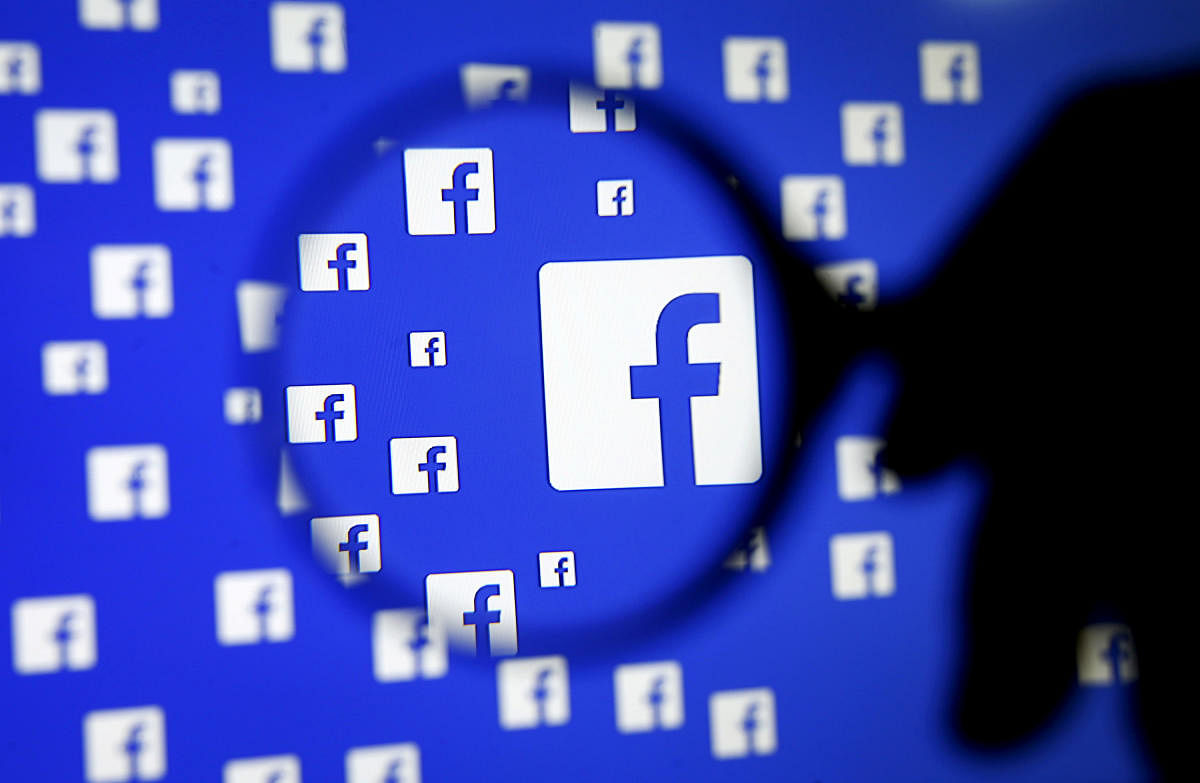
Political ad spending is surging for the US election, with digital campaigns -- led by Facebook -- accounting for nearly one-fifth of the total, researchers said Wednesday.
A report by eMarketer predicted total campaign media spending jumping 63 per cent from four years ago to USD 6.89 billion, attributing the rise to the "intensity" of the presidential race as well as many congressional contests.
The forecast for the 2019-2020 election cycle covers spending on federal, state and local ads, including political action committee ads for candidates and lobbying activities.
Political ad spending, which is generally highest during presidential campaigns, is likely to be a record, according to eMarketer.
"The highly partisan political environment is driving more Americans to donate money to their preferred candidates than in past election seasons, which in turn is funnelling more money into advertising," the eMarketer report said.
Television will account for the largest share of political advertising at USD 4.5 billion or 66 per cent of the total, taking away some dollars from print and radio, the survey found.
"Despite cord-cutting and declining viewership, TV still offers strong reach, particularly among older Americans who are likely to vote," said eMarketer analyst Eric Haggstrom.
Digital political ad spending meanwhile is expected to grow more than 200 per cent from the past presidential election to USD 1.34 billion, and will account for 19.4 per cent of the total.
"One of the key benefits of digital advertising over TV is its targeting capabilities," Haggstrom said.
"Granular demographic, audience and list-based targeting allows political advertisers to efficiently reach the right people with the right message."
Facebook is expected to take in nearly 60 per cent of digital dollars, according to eMarketer, with 18 per cent for Google and 22 per cent for other online services.
"Facebook offers reach, targeting capabilities and ease of use that appeal to political advertisers," Haggstrom said.
"Candidates can more quickly and easily send ads to potential supporters compared with TV or radio.
In a competitive election, timeliness, efficiency and relevancy are incredibly important."
Online platforms have faced pressure to curb political misinformation -- including from candidate ads -- but have taken different approaches.
Twitter has banned all political candidate ads and Google has placed limits on "microtargeting" of specific demographic groups, while Facebook has taken a mostly hands-off approach to political advertising.
Most of the money spent on Google is for YouTube video ads, according to eMarketer.
"YouTube is popular because campaigns can run the same or similar ads that they are running on TV, while reaching a different audience," Haggstrom said.